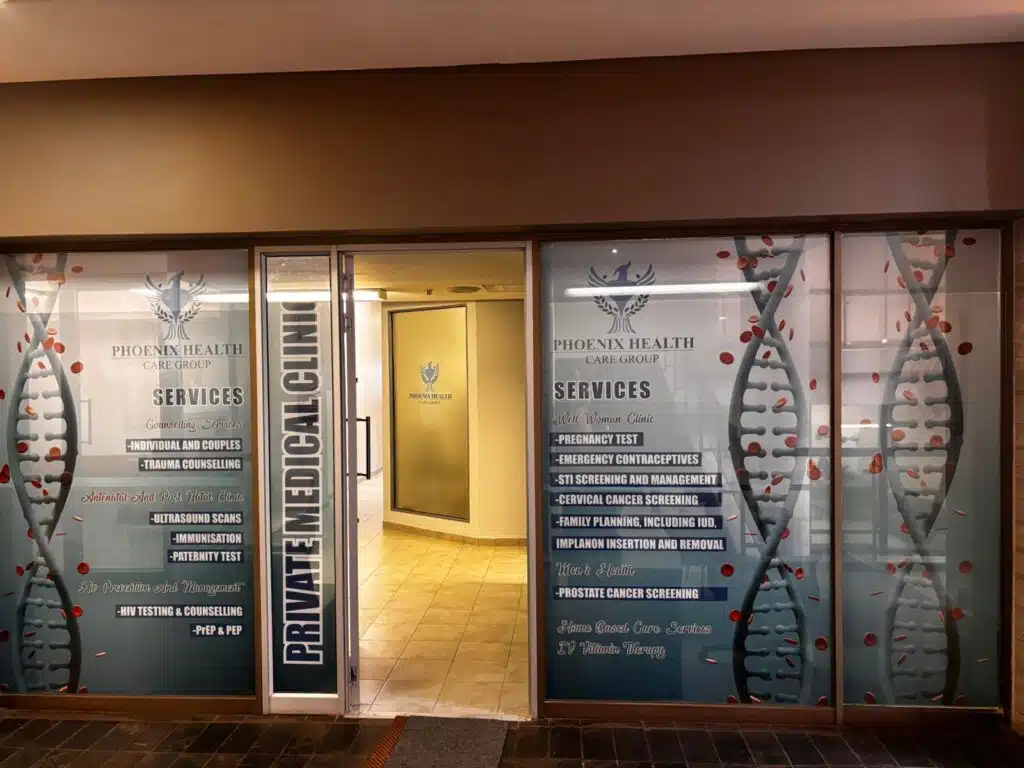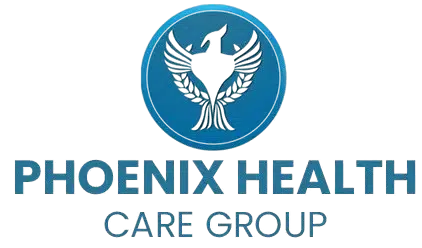Importance of Medical Check-Ups

The Importance of Medical Check-Ups for Your Well-Being
In our fast-paced world, it’s easy to overlook the importance of regular medical check-ups. We often prioritize work, family, and social commitments over our health, shoving medical appointments to the bottom of our to-do lists. Yet, the reality is that consistent check-ups at your local clinic should be a non-negotiable part of your routine. Focusing on prevention rather than treatment can make a significant difference in your quality of life and longevity. Let’s delve into why medical check-ups are crucial and how they can be life-altering.
Understanding Medical Check-Ups
Medical check-ups are comprehensive evaluations conducted by healthcare professionals, designed to assess your overall health and catch potential issues early. These appointments typically involve a variety of tests and assessments, including blood work, physical exams, and diagnostic screenings. Doctor visits aren’t just about checking current health metrics; they play a vital role in recognizing risk factors for future illnesses or conditions.
The Role of Prevention in Healthcare
An ounce of prevention is worth a pound of cure. This adage rings especially true in healthcare. Routine medical check-ups are key to preventing diseases before they manifest into serious health problems. Through regular monitoring, doctors can identify potential health risks early on — be it high blood pressure, diabetes, or cholesterol increases — and intervene accordingly. Preventive care can significantly reduce the likelihood of developing chronic conditions that are not only detrimental to your health but also costly to manage long-term.
Diagnosing Conditions Early
The power of early diagnosis cannot be understated. Many serious health conditions, like cancer or heart disease, are far easier to treat and manage if they are caught in their initial stages. Regular medical check-ups allow healthcare providers to spot these issues early. For instance, routine mammograms and colonoscopies can detect cancer at a stage when treatment is most effective. Having a benchmark from consistent check-ups also helps in noticing subtle changes in your body that might indicate the onset of a condition.
Building a Relationship with Your Healthcare Provider
Establishing a strong, ongoing relationship with your healthcare provider during routine visits greatly benefits your health. This rapport enables your doctor to better understand your health history and lifestyle, tailoring their advice and treatment to suit your specific needs. Clinics often keep detailed records of your visits, creating an in-depth picture of your health over time. This relationship encourages open communication, which can lead directly to a better understanding of your health and more accurate and personalized medical advice.

Maintaining Peace of Mind
Routine medical check-ups provide more than just physical benefits; they contribute to your mental well-being. Health anxiety can be debilitating, as fears about potential conditions can loom large. Regular visits to the clinic can allay these fears, as check-ups offer reassurances that either everything is functioning properly, or there are actionable ways to address areas of concern. Knowing where you stand with your health can boost confidence and reduce stress, contributing to improved mental health.
Cost-Effectiveness of Regular Check-Ups
While medical check-ups may seem like an expense up front, they can save significant money in the long run. Diagnosing and treating a medical condition at an early stage often means simpler and more affordable interventions. Conversely, conditions left unchecked can lead to complicated and expensive treatments. Prevention, through regular medical check-ups, is far more cost-effective than chronic disease management or emergency care.
Encouraging Healthy Habits
Visits to the clinic can also encourage preventative health practices. Medical professionals are a wealth of knowledge on nutrition, exercise, stress management, and other aspects of a healthy lifestyle. They can help you set realistic, actionable goals to improve your health. Whether it’s advice on quitting smoking, losing weight, or managing stress, check-ups are a prime opportunity to receive personalized guidance tailored to your stage in life.
With such compelling reasons to prioritize medical check-ups, the next step is scheduling appointments that suit your schedule. Many clinics offer flexible hours, and even telemedicine options, to accommodate busy lifestyles. Frequency of check-ups can depend on age, health status, and risk factors, but generally, a yearly visit is recommended for adults. It’s crucial to adhere to these schedules and follow your doctor’s recommendations for follow-up appointments and tests.
Adopting a Proactive Approach to Health
Ultimately, regular medical check-ups empower patients to take control of their health. By actively participating in the monitoring and maintenance of your well-being, you’re less likely to encounter unexpected health crises. Proactivity in health leads not only to a longer life but a more fulfilling one, with fewer limitations imposed by preventable conditions. Remember, health is not a luxury, but a vital component of a happy and active life.
So make that appointment today and invest in a healthier tomorrow. Engaging with your healthcare provider at your local clinic is a commitment to yourself and your loved ones. By taking charge of your health with routine check-ups, you pave the way for a future where prevention is prioritized, not overlooked. It’s time to prioritize your well-being, because when it comes to your health, you deserve nothing but the best.
Are you taking your health for granted? Many people do, often neglecting essential medical check-ups because they feel healthy. However, these check-ups are more than just routine visits; they are pillars of preventive care that ensure peace of mind. By actively engaging in regular medical screenings, you harness the power of early diagnosis, which is crucial for effective treatment and management. Proactive health assurance isn’t just a luxury—it’s a necessity for a fulfilling life.



